Assistant Principal's Report
Georgia Despotellis

Assistant Principal's Report
Georgia Despotellis


Term 4 is already proving to be a busy term as we plan for excursions, incursions, special days, such as our Italian Cultural Day and camps, to just name a few!
Our new website is live! There are still some additions to be made but I am sure that you will agree that it looks amazing and contains up to date information about our school. I draw your attention to the policy section of our website to locate all our current school policies.
Evidence that learning is a lifelong process, our teachers engage in weekly professional learning sessions.
On Tuesday 22nd October, Hero Headquarters delivered an online and practical component of First Aid Training (Asthma and CPR) to our whole staff.
We employed Hero HQ to deliver this vitally important first aid course to us because their goal is to change the way we think about first aid and make sure that if the day comes for us to save a life, we can do it without hesitation.
This course has given us confidence to perform CPR to an unconscious, unresponsive person. It is always a valuable learning experience but something we hope we never have to use in real life!
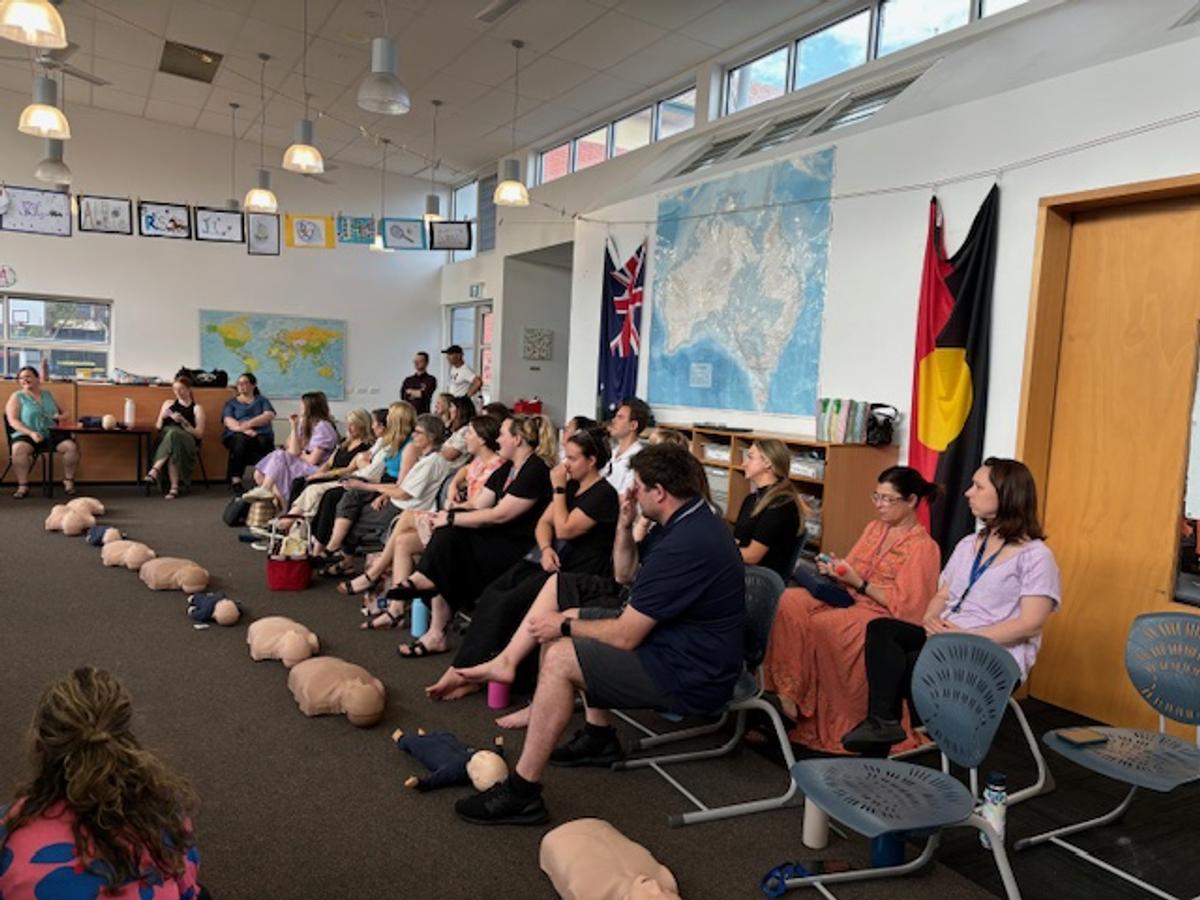

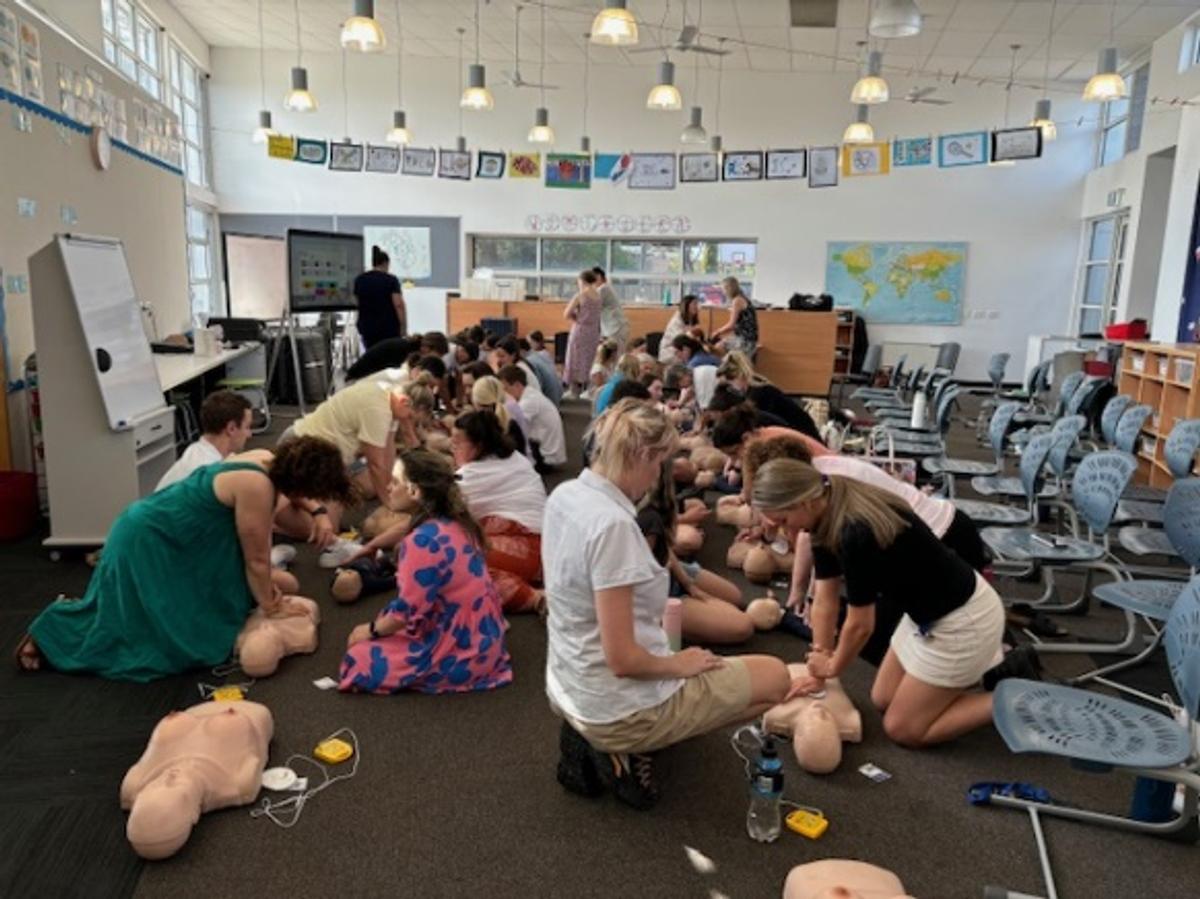

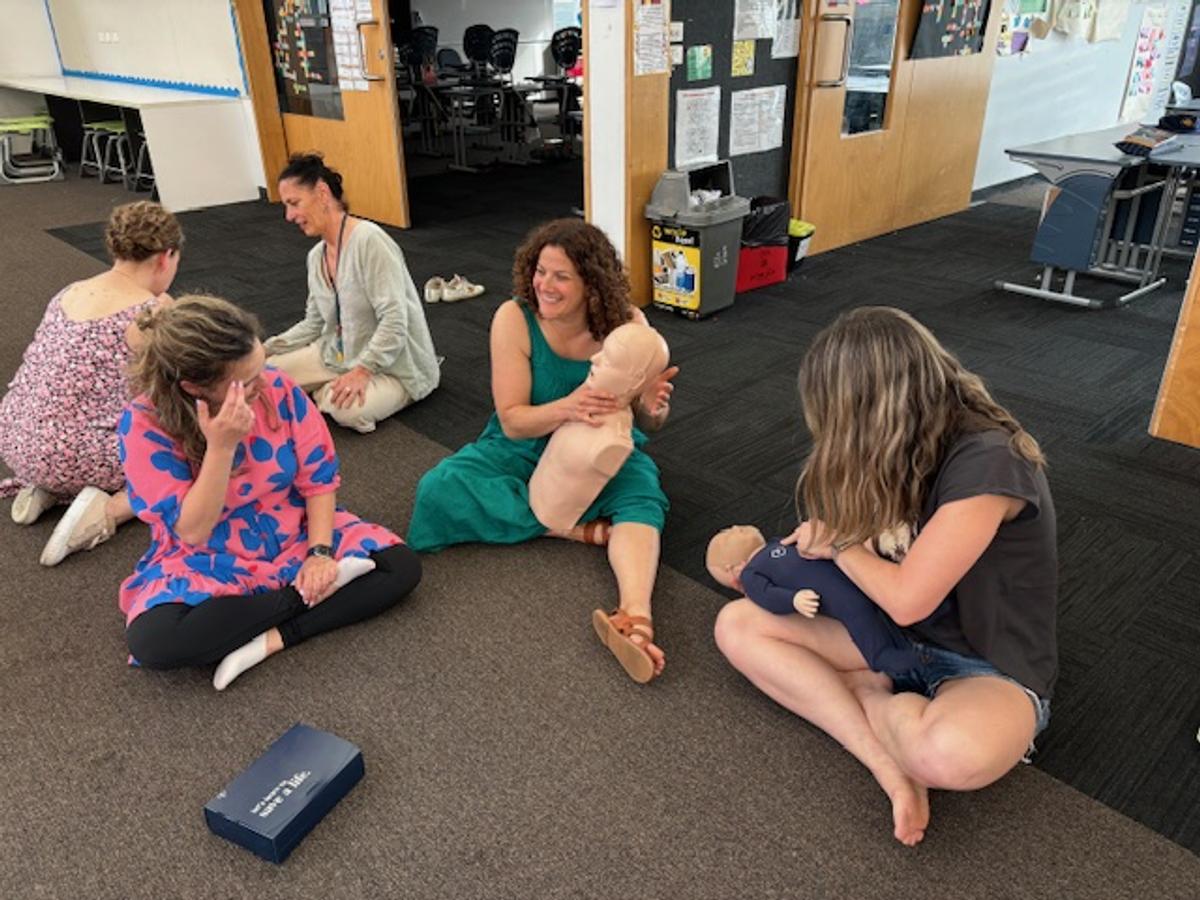

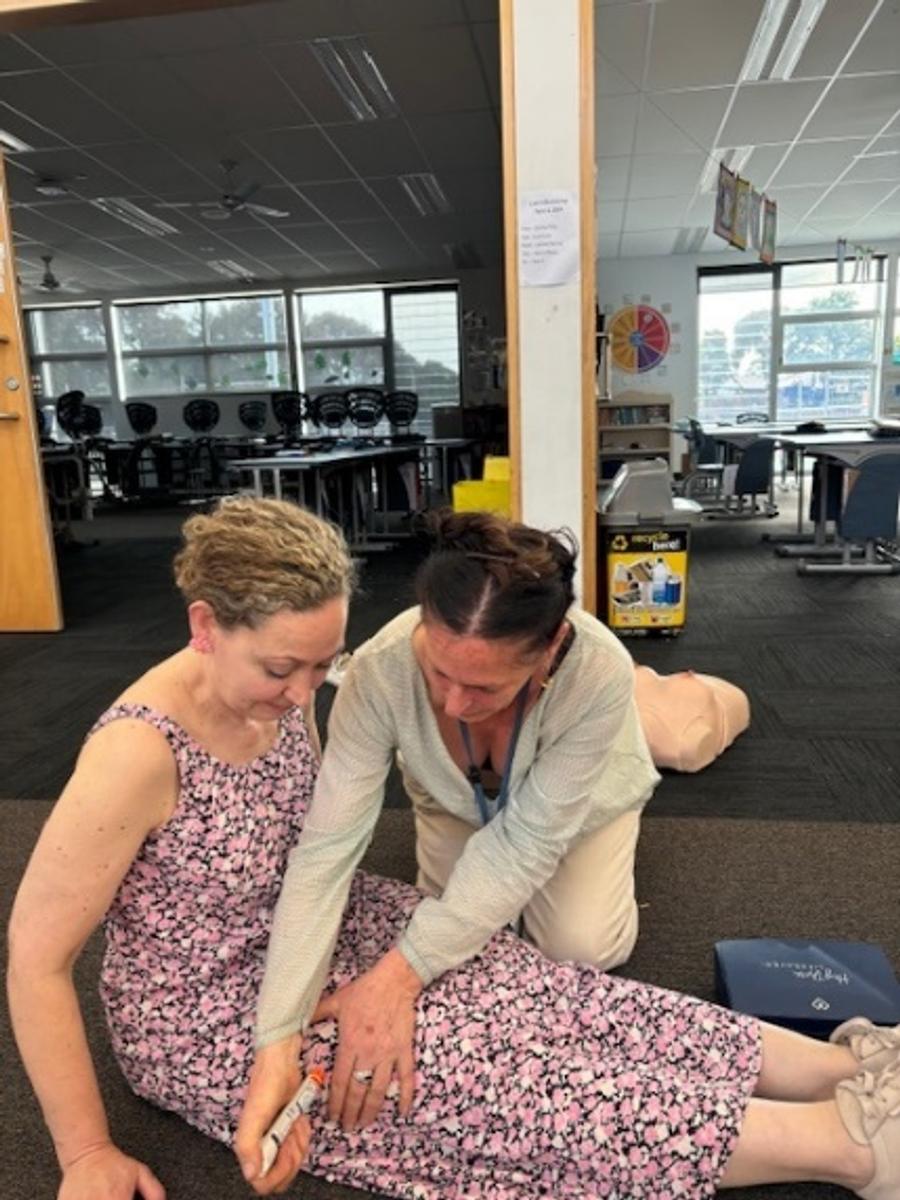

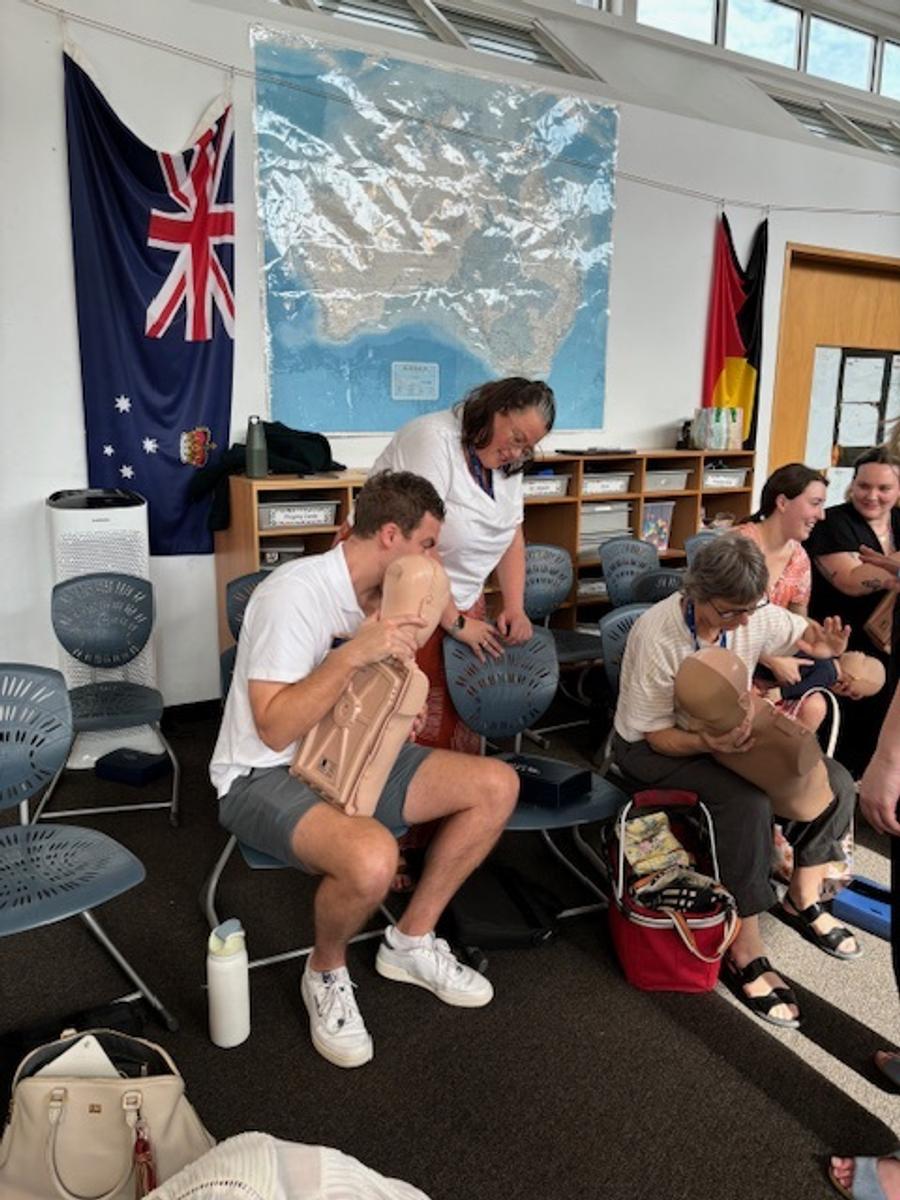

Fostering Emotional Literacy in Young Children: Labelling Emotions
Emotional literacy is our ability to understand and express different emotions. This ensures that we are able to recognise our own feelings and our ability to manage them. When we have a strong foundation in emotional literacy we are able to cope with different life situations such as managing conflict, making friends, coping in difficult situations and being resilient when dealing with change. This needs to be explicitly taught.
A critical importance in a child’s emotional development is the building of vocabulary to describe feelings. The larger a child’s emotional vocabulary, the better they can communicate with others about their feelings.
Adults can play a major role in a child’s ability to identify, understand and express emotions in a healthy way. The following strategies are key in fostering emotional literacy in young children:
Express your own feelings – adults can model by talking out loud about their feelings as they experience them throughout the day.
Label Children’s Feelings – build a child’s vocabulary by labelling children’s feelings. Attending to a child’s emotional moment and labelling their feelings for them.
Play Games, Sing Songs and Read Stories with New Feeling Words – adapting songs such as ‘If you’re happy and you know it’ with ‘If you are frustrated and you know it, take a breath’ and playing games such as ‘feelings charades’ by acting out a feeling or emotion (use face and body language) and let others guess what that feeling/emotion is.
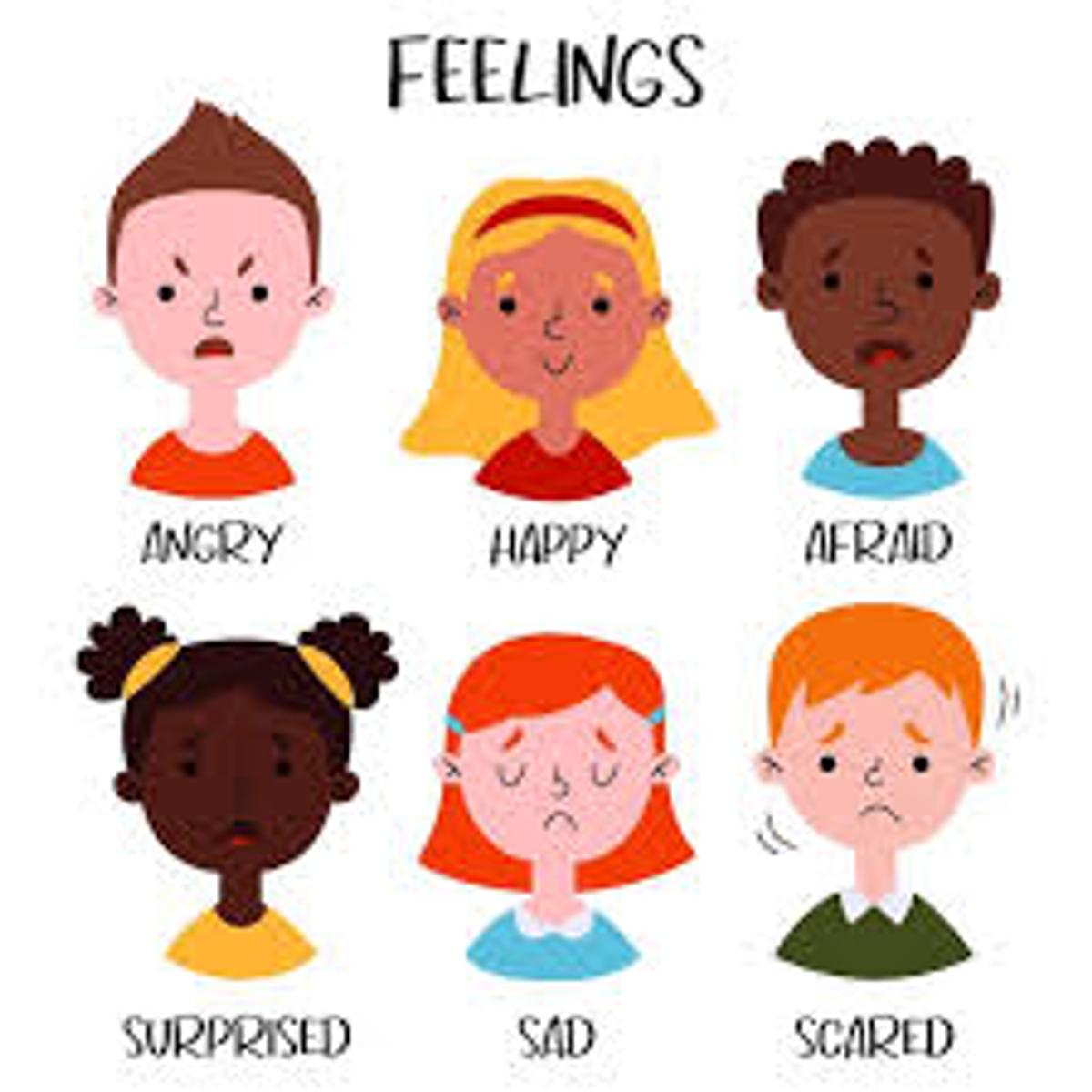

Georgia Despotellis
Assistant Principal